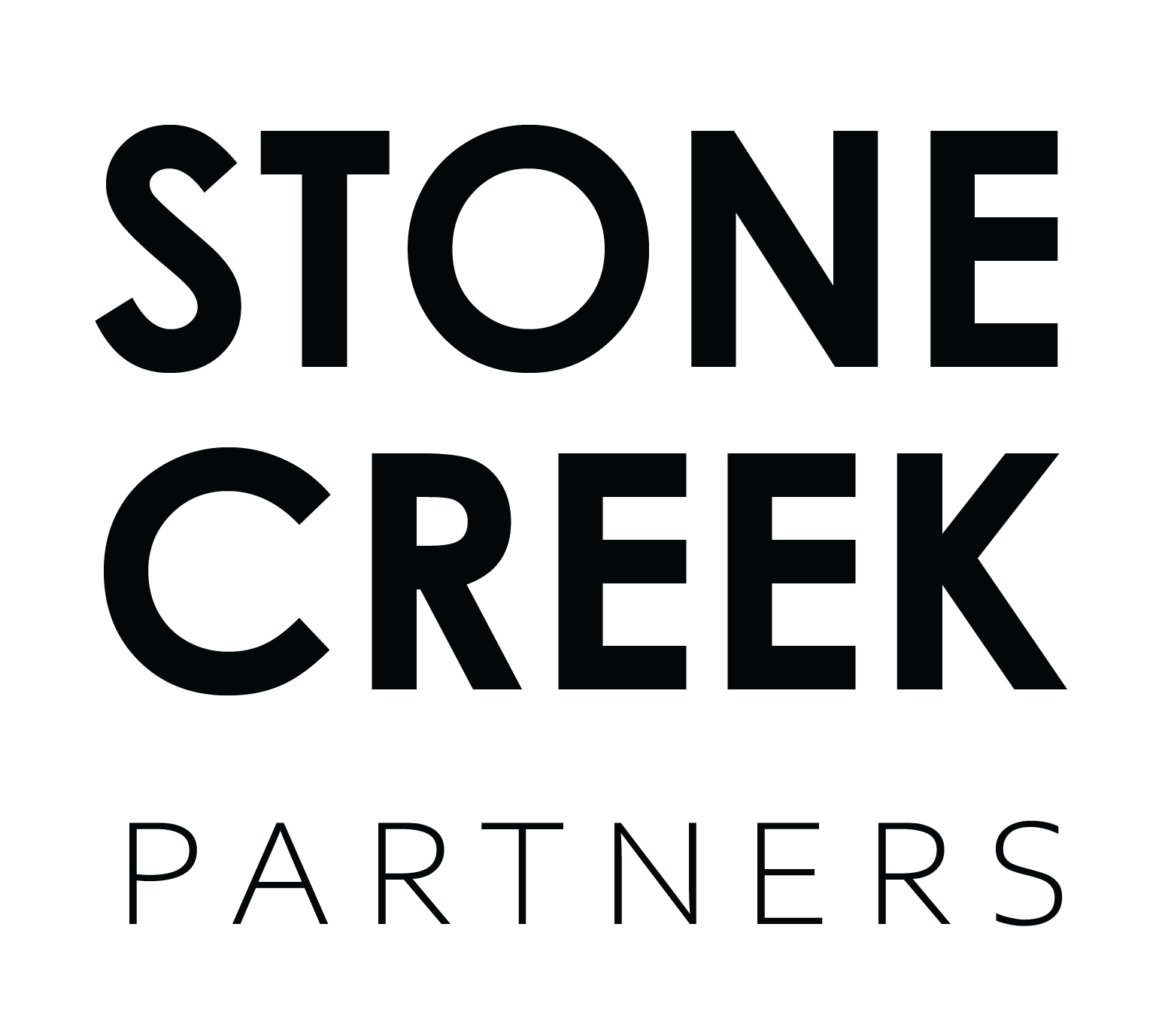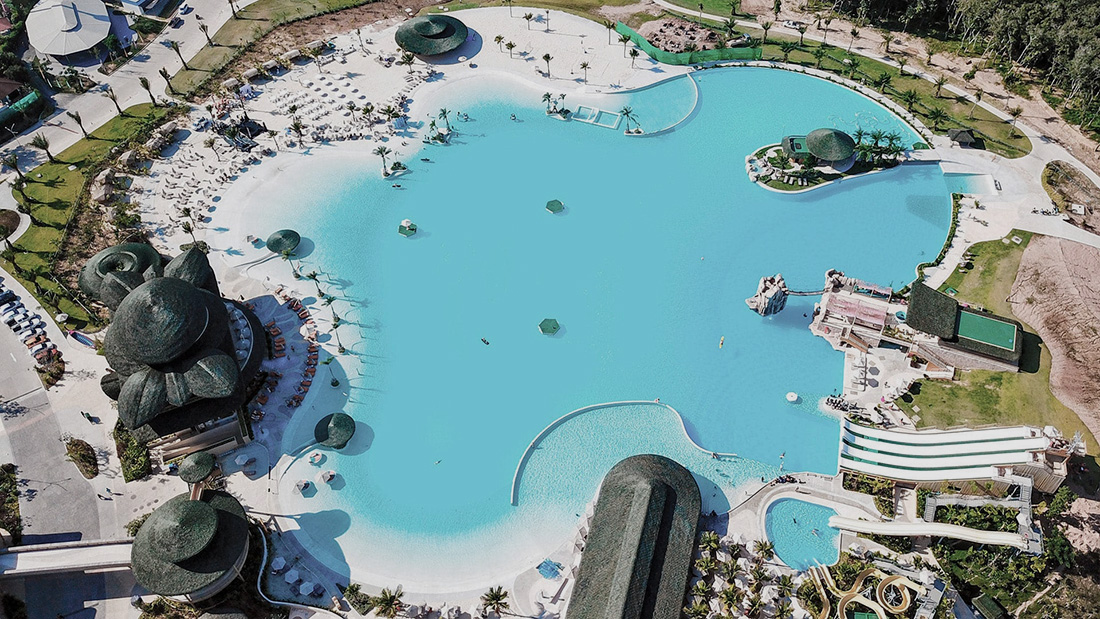
A Code for Age-Appropriate Design of Digital Experiences, is now in Effect in the UK
AEC’s Consumer Products Monitor
At a time when consumer privacy concerns are increasing around the world, the UK has emerged with a new code for children’s digital experiences. The ICO (the UK’s Information Commissioner’s Office) has created the Age Appropriate Design Code, which comes into force from today, with a 12 month transition period. The Age Appropriate Design Code is intended to protect children, and is aimed at designers and developers of online services and products. The code is a set of 15 standards that these designers should follow so as to comply with the data protection law, and includes things like making sure the privacy settings are set to ‘high’ by default.
According to the ICO website, ” … Data sits at the heart of the digital services children use every day. From the moment a young person opens an app, plays a game or loads a website, data begins to be gathered. Who’s using the service? How are they using it? How frequently? Where from? On what device? For all the benefits the digital economy can offer children, we are not currently creating a safe space for them to learn, explore and play. This statutory code of practice looks to change that, not by seeking to protect children from the digital world, but by protecting them within it.”
The ICO office provides details about the new code on its website at: Age appropriate design: a code of practice for online services
Peer-to-Peer Rental Fashion is Taking on “Fast Fashion”
AEC’s Consumer Products Monitor
Women’s Wear Daily reports that so called “peer-to-peer rental fashion” platforms are realizing all-time revenues. By taking the consumer interest to a peer-to-peer format, these new players provide an alternative to traditional consumerism, and expensive inventories. In particular, an alternative to “fast fashion” apparel where the whole point is relatively inexpensive “current” replacements of a consumer’s apparel, to be replaced as soon as next looks roll into stores. Peer-to-peer as an “antidote” to the Forever 21 model.
During Copenhagen Fashion Week, Ganni (designer fashions) unveiled plans to expand its rental strategy across Europe and the U.S. and debut a rental-only Levi’s 501 jeans and denim shirts platform. The rental platform Hurr is partnering with Selfridges in an in-store program, as part of Selfridges’ company-wide “Project Earth” initiative.
Read more at Women’s Wear Daily: Will the Rental Market Replace Fast Fashion?
Hawaii is Adding Facial Recognition at Airports as an Additional COVID-19 Detection Measure
AEC Consumer Products Monitor
According to an August 28 report by Travel Weekly, Hawaii expects to have its facial recognition system in place and operating at five Hawaii airports, by year-end 2020. The facial imaging will be used in conjunction with temperature screening cameras to assist in monitoring and tracking arriving passengers at the more than 130 gates at Hawaii’s airports receiving out-of-state and international flights. Temperature screening cameras have already been installed at Hawaii’s airports.
With the screening cameras, any arriving passenger who registers a temperature above 100.4 degrees is asked to submit to a voluntary secondary screening conducted by paramedics. The five Hawaii airports that will operate with the facial recognition technology are: Honolulu’s Daniel K. Inouye Airport; Kahului Airport; Lihue Airport; Ellison Onizuka Kona Airport at Keahole; and Hilo Airport.
There are privacy concerns about the roll-out of this technology in Hawaii. But if deployed and effective it may make a significant contribution to Hawaii’s travel industry recovery. The facial recognition measure is in addition to other measures going into effect in Hawaii, including geo-fencing of guests at their resorts.
Crystal Lagoons’ PAL Venues Take Over as Top MPC Amenity
AEC’s Consumer Products Monitor
Twenty+ years ago among the sought-after amenities for master-planned communities (“MPC”) was the 18-hole golf course, often enhanced with a top golf course architect. From past Urban Land Institute (“ULI”) research we know there is a premium for a home sold in an MPC setting as compared to the same home outside of an MPC. Golf courses, whether you played or not, were part of a developer’s calculation for the MPC’s value to home buyers. Along with master landscaping, design controls, security, parks, and other amenities.
Crystal Lagoons, the “water tech” company, may have displaced golf in this role, at a time when golf has diminished as an interesting sport among consumers, whether to play or watch. Crystal Lagoons has pioneered an innovative product for land-bound urban and exurban locations, which they’ve dubbed, Public Access Lagoons™. Over the past 20 years , the company has successfully introduced their tropical lagoon and beach destinations through more than 600 projects in 60 countries worldwide (these numbers are probably far higher now than when first released by the company). And the company is on a roll signing up new installations in the U.S. The company’s is distinct enough as an integrated technology and business solution that they offer their intellectual property to 3rd-parties in the form of Master PAL agreements of particular exclusive regions.
The Crystal Lagoons’ product website has some terrific images and video for review, for anyone that has not enjoyed their tropical environments.



